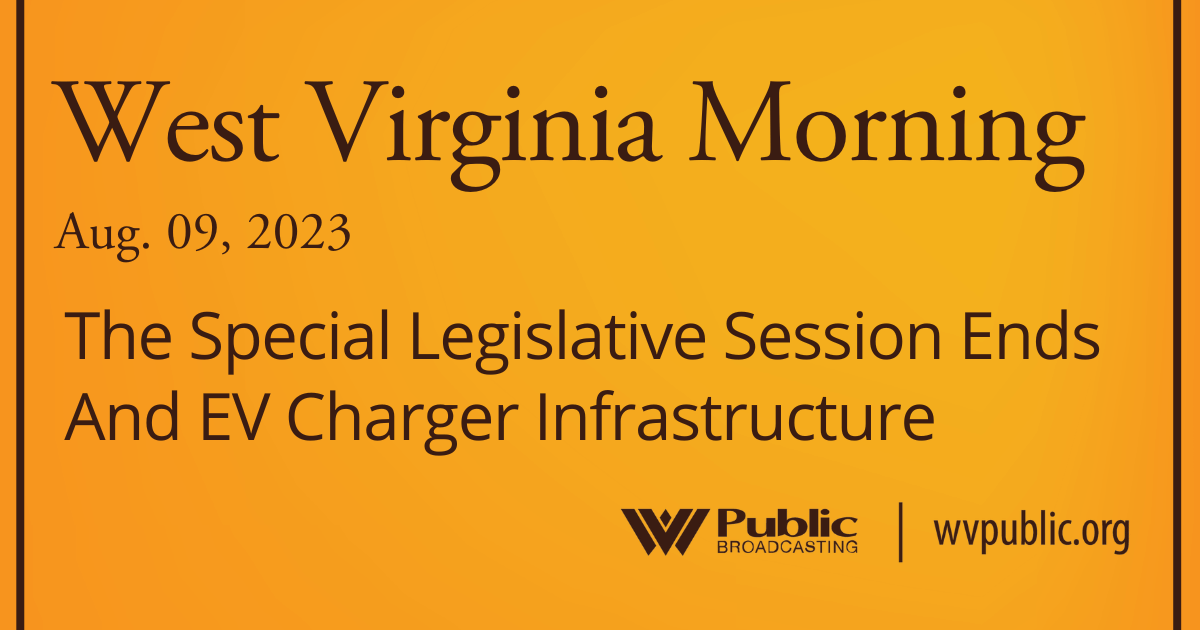With concerns from members of both parties over the lack of standard consideration and debate on dozens of proposed bills, the August special West Virginia Legislative session continued into day three on Tuesday.
With concerns from members of both parties over the lack of standard consideration and debate on dozens of proposed bills, the August special West Virginia Legislative session continued into day three on Tuesday.
On day one, lawmakers introduced the same 44 bills in each chamber as presented by Gov. Jim Justice. The Senate and the House have routinely suspended the rules requiring three bill readings on three separate days, pushing bills through by limiting discussion and debate. Many bills never saw the light of a Finance or Judiciary committee.
House Finance Committee member Del. Larry Rowe, D-Kanawha, said a lot of the proposed projects are valuable, helpful and need to be completed, but not “in this overwhelming manner.”
“Finance [Monday] met for 10 hours and we voted $500 million worth of supplemental appropriations to this year’s budget,” Rowe said. “So yeah, there’s windburn. It’s very uncomfortable to vote on bill after bill after bill when there hasn’t been proper vetting.”
Speaker of the House Roger Hanshaw, R-Clay, said in a statement that the legislature often convenes at the end of a fiscal year to make appropriations for one-time expenditures.
“We have been having those discussions very publicly for weeks,” Hanshaw said. “Legislators and the public have heard plenty of discussion in the past few weeks about the anticipation of an extraordinary session and should have had some awareness this was coming.”
Del. Scot Heckert, R-Wood, said the need for action now outweighs the need for extended debate.
“Anytime anything like this is going on, everybody should be concerned,” Heckert said. “But we’re trying to do what’s best for everybody and trying to make something happen for the betterment of the state and create more jobs in the state.”
Del. Mike Pushkin, D-Kanawha, and West Virginia Democratic Party Chair, said that fast-tracking decisions on spending millions of taxpayer dollars leaves out the taxpayers.
“It shuts the public out of the process,” Pushkin said. ”If the delegates and the senators don’t have enough time to familiarize themselves with the legislation, the public definitely does not.”
Del. Brandon Steele, R-Raleigh, said that setting up consideration and debates over something like funding airplane hangers, instead of a sole focus on solving the corrections crisis, was an administration ploy.
“They’re like at Kinkos down there, they can crank one of these out fast,” Steele said. “You can’t tell me this wasn’t planned a long time ago and we were kept in the dark the same way we always have been for the five years I’ve been here. Keep them in the dark, put them in there, put them under pressure.”
However, Senate Finance Committee Chair Sen. Eric Tarr, R-Putnam, said planning in advance is the point. He said months and years of meetings have ended, and now is the time to fulfill well made plans.
“We get it to where it’s easier to go in and discuss it after we’ve been discussing it for years and get everybody around the solution when we finally have revenue to be able to apply the solution,” Tarr said.
Not everyone, even within the same party, seems to agree with that idea, but the introduced bills are slowly passing through both chambers.
